On the morning of August 10, the Provincial Cooperative Union (CPU) held a conference to implement the Law on Cooperatives in 2023. Attending the conference were leaders of the Provincial Cooperative Union and 120 delegates who were members of the Steering Committee for innovation and development of collective economy and cooperatives in the province; representatives of the Standing Committee of the Steering Committees of districts, towns and cities; Chairmen of Board of Directors, Directors of cooperatives and People's Credit Funds in the province.
At the conference, Mr. Huynh Lam Phuong - Member of the Standing Committee, Head of the Southern Standing Office - Vietnam Cooperative Alliance disseminated the 2023 Law on Cooperatives, consisting of 12 chapters with 115 articles, 3 more chapters and 51 articles than the 2012 Law on Cooperatives, effective from July 1, 2024. At the 5th session, the 15th National Assembly passed the Law on Cooperatives (amended). The comprehensive amendment and supplementation of the Law on Cooperatives has created a favorable and open legal corridor for cooperative groups, cooperatives, and cooperative unions to participate in the domestic socio-economy and international integration, in line with the development trend of the 4th industrial revolution.

Accordingly, the 2023 Law on Cooperatives has more outstanding points than the 2012 Law on Cooperatives such as: perfecting regulations on the nature of cooperatives and developing members. Expanding the scope of cooperative participation, including official members, capital-contributing associate members and non-capital-contributing associate members. Adding the requirement to set aside an undivided common fund as a source of forming undivided common assets in accordance with the characteristics of the cooperative model to ensure the development of the undivided common fund and undivided common assets. Second, expanding the market, improving the ability to mobilize capital, creating development momentum for cooperatives. Empowering cooperatives and cooperative unions to decide on the level of product and service supply to the outside after meeting the needs of members. Diversifying the forms of capital mobilization from members. Third, perfecting and improving the effectiveness of cooperative governance and management. Fourth, developing types of collective economic organizations from low to high; consolidating and enhancing the role of representative organizations. Fifthly, to improve the effectiveness and efficiency of state management of the collective economy. The 2023 Law on Cooperatives has fully institutionalized the 8 policy groups of Resolution No. 20-NQ/TW to create motivation to promote the development of collective economic organizations.

The timely implementation of some new points and changes of the 2023 Law on Cooperatives for leaders, managers and members of cooperatives in the province will contribute to attracting many components and subjects to participate and develop members. Thereby, eliminating regulations that hinder market entry, building an ecosystem of cooperative economic organizations that develop dynamically, effectively and sustainably, helping to improve income and quality of life of members and contributing to local economic and social development.

Source


![[Photo] Liberation of Truong Sa archipelago - A strategic feat in liberating the South and unifying the country](https://vstatic.vietnam.vn/vietnam/resource/IMAGE/2025/4/25/d5d3f0607a6a4156807161f0f7f92362)
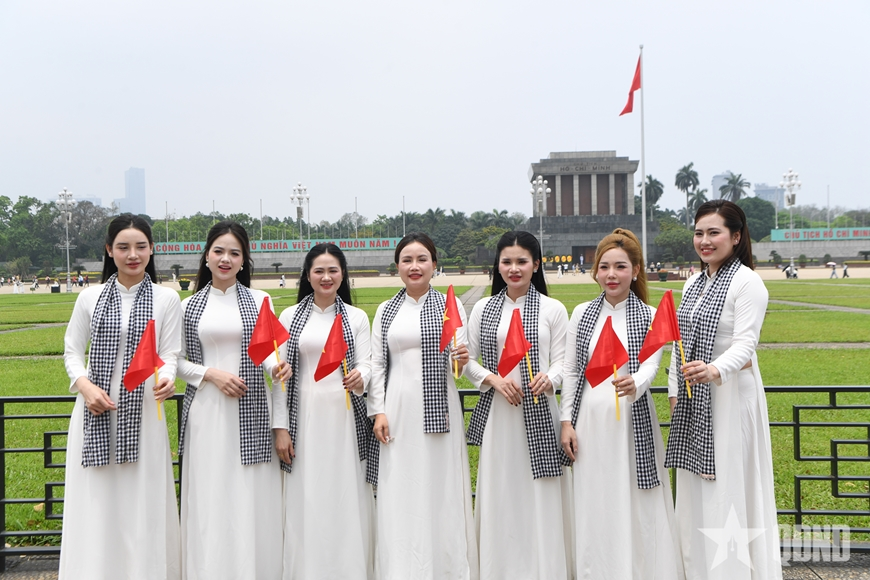
![[Photo] General Secretary To Lam receives Philippine Ambassador Meynardo Los Banos Montealegre](https://vstatic.vietnam.vn/vietnam/resource/IMAGE/2025/4/24/6b6762efa7ce44f0b61126a695adf05d)
![[Photo] President Luong Cuong holds talks with Lao General Secretary and President Thongloun Sisoulith](https://vstatic.vietnam.vn/vietnam/resource/IMAGE/2025/4/24/98d46f3dbee14bb6bd15dbe2ad5a7338)
![[Photo] President Luong Cuong meets with Lao National Assembly Chairman Xaysomphone Phomvihane](https://vstatic.vietnam.vn/vietnam/resource/IMAGE/2025/4/25/dd9d8c5c3a1640adbc4022e2652c3401)


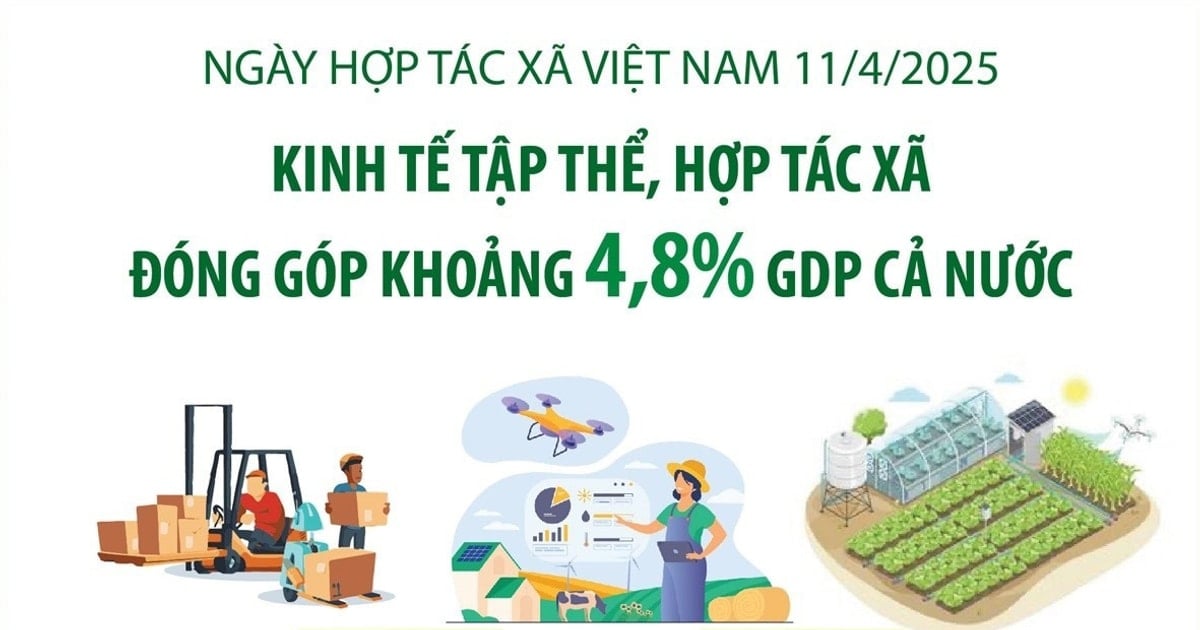







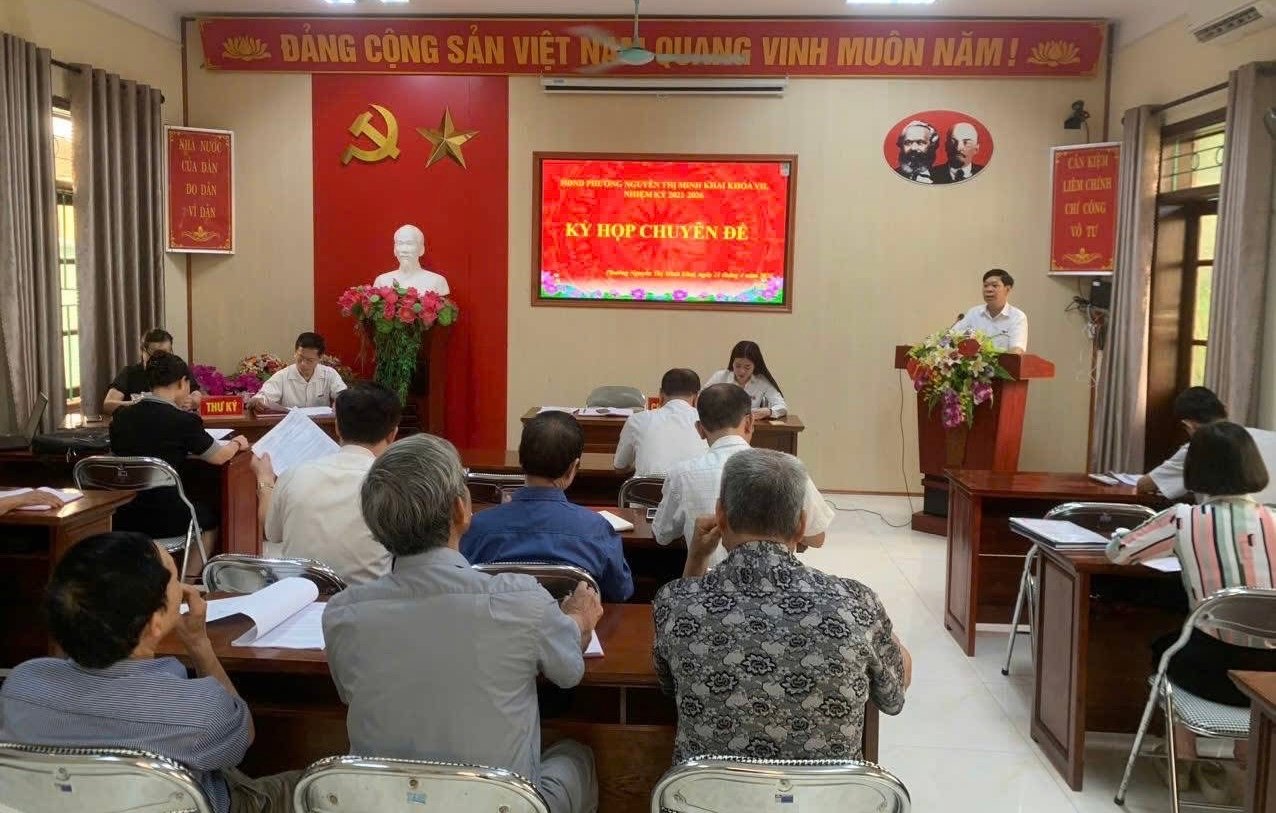










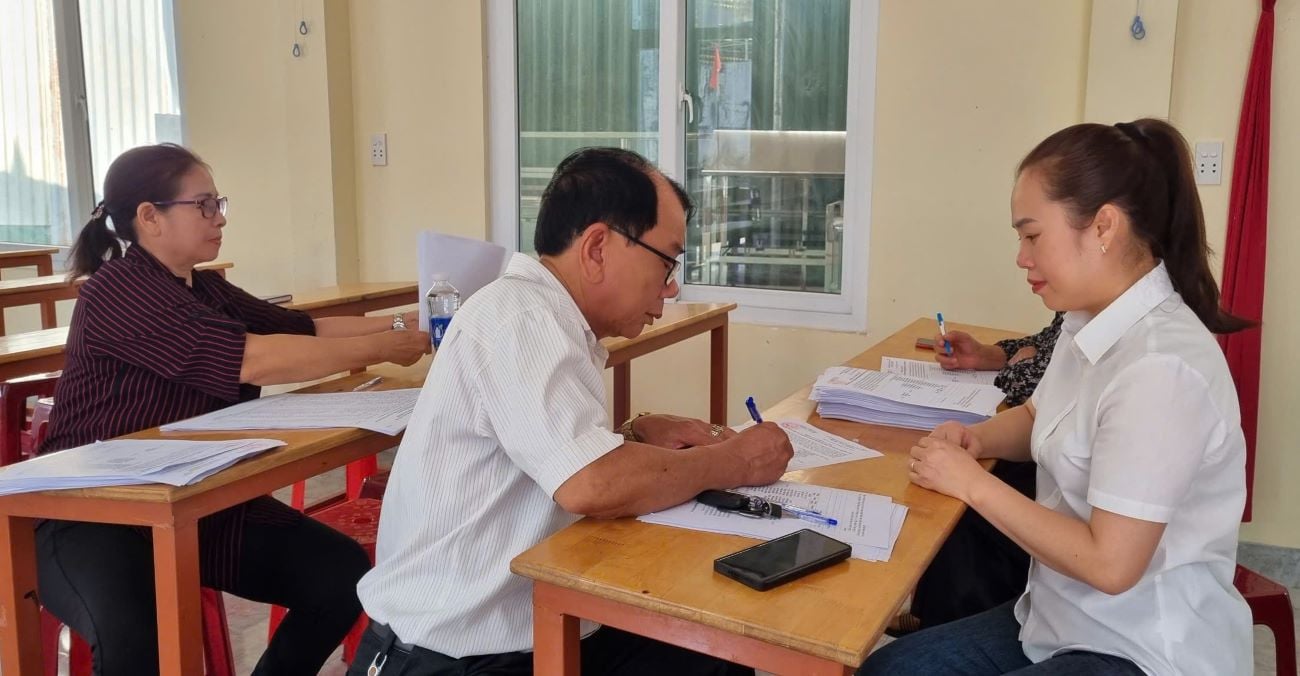






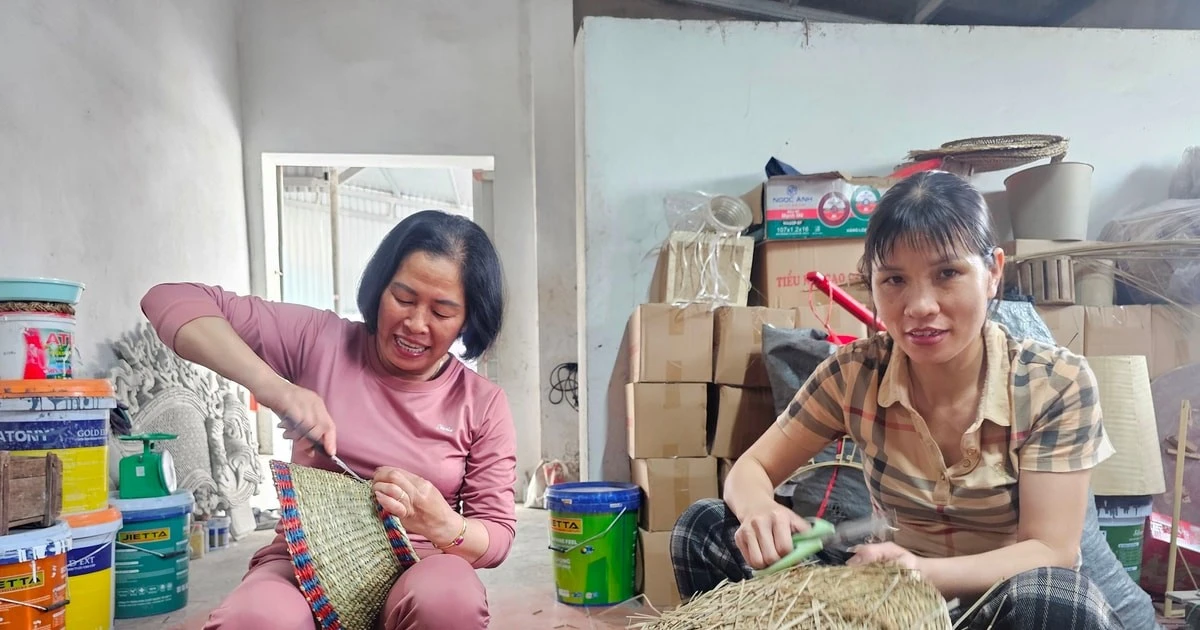





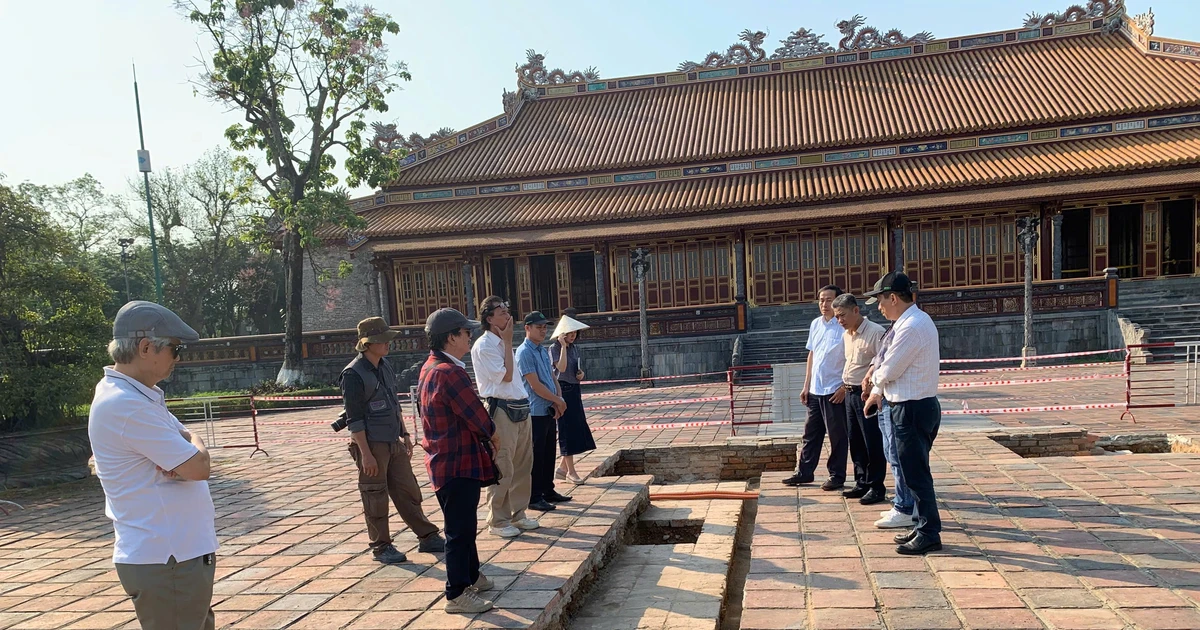



























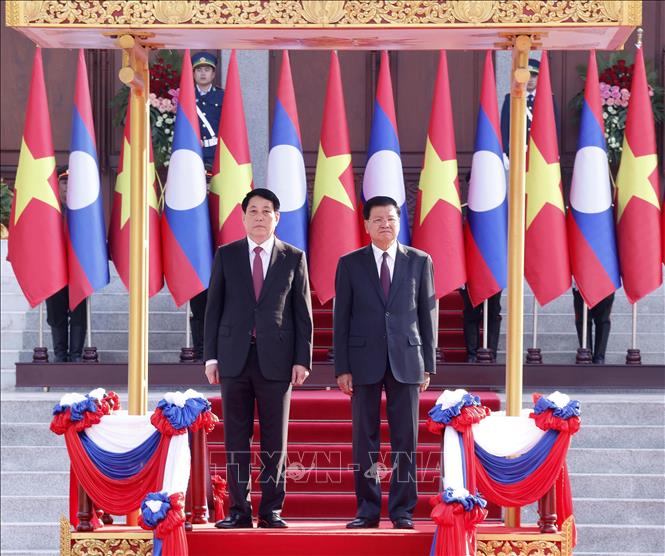





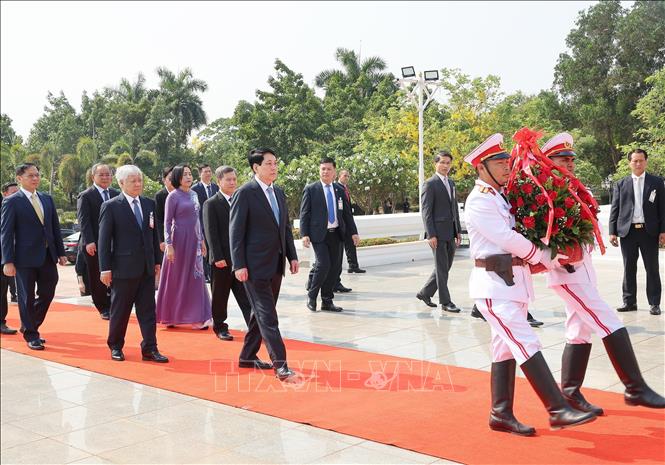







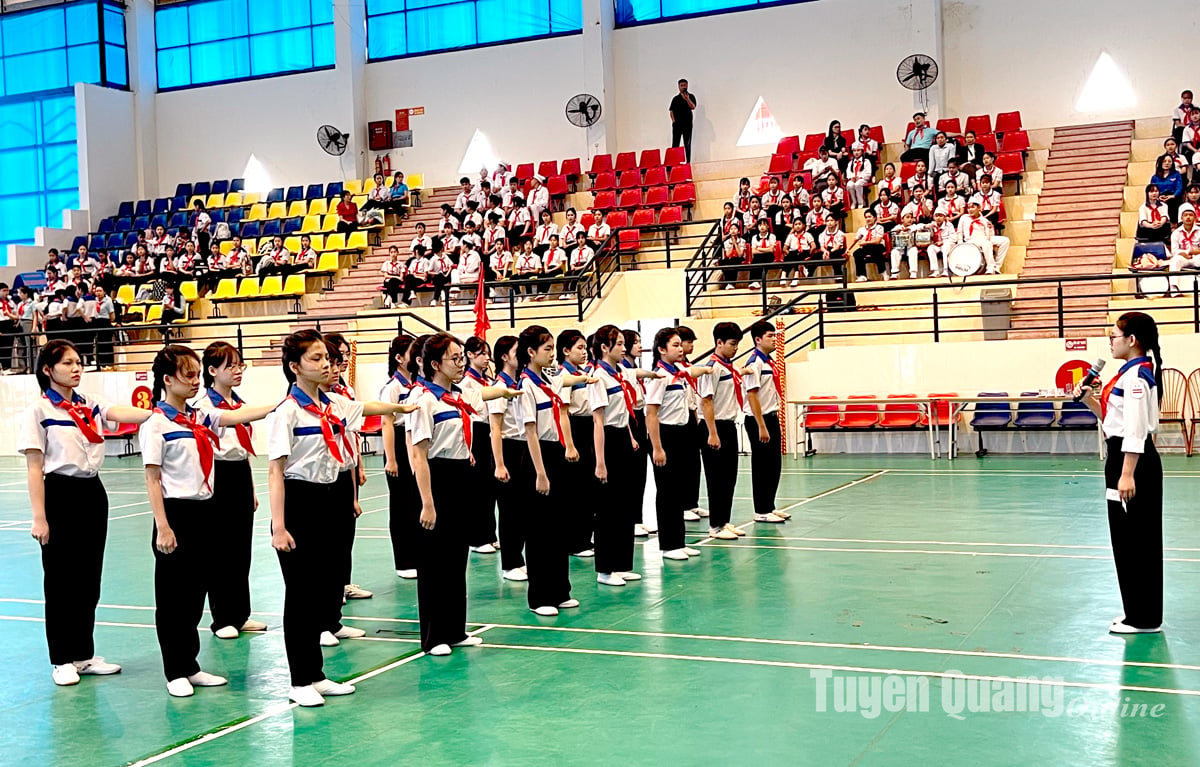














Comment (0)